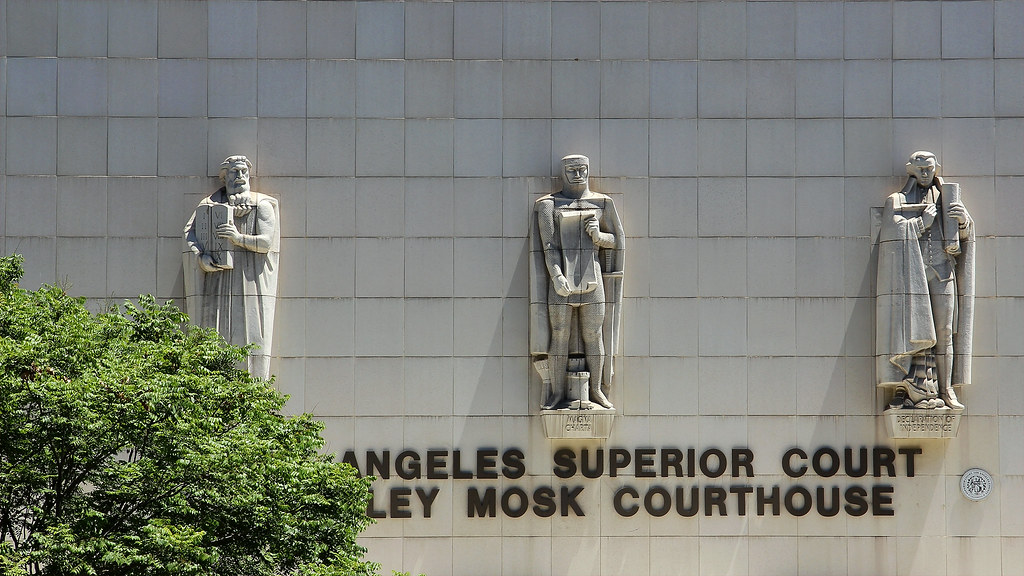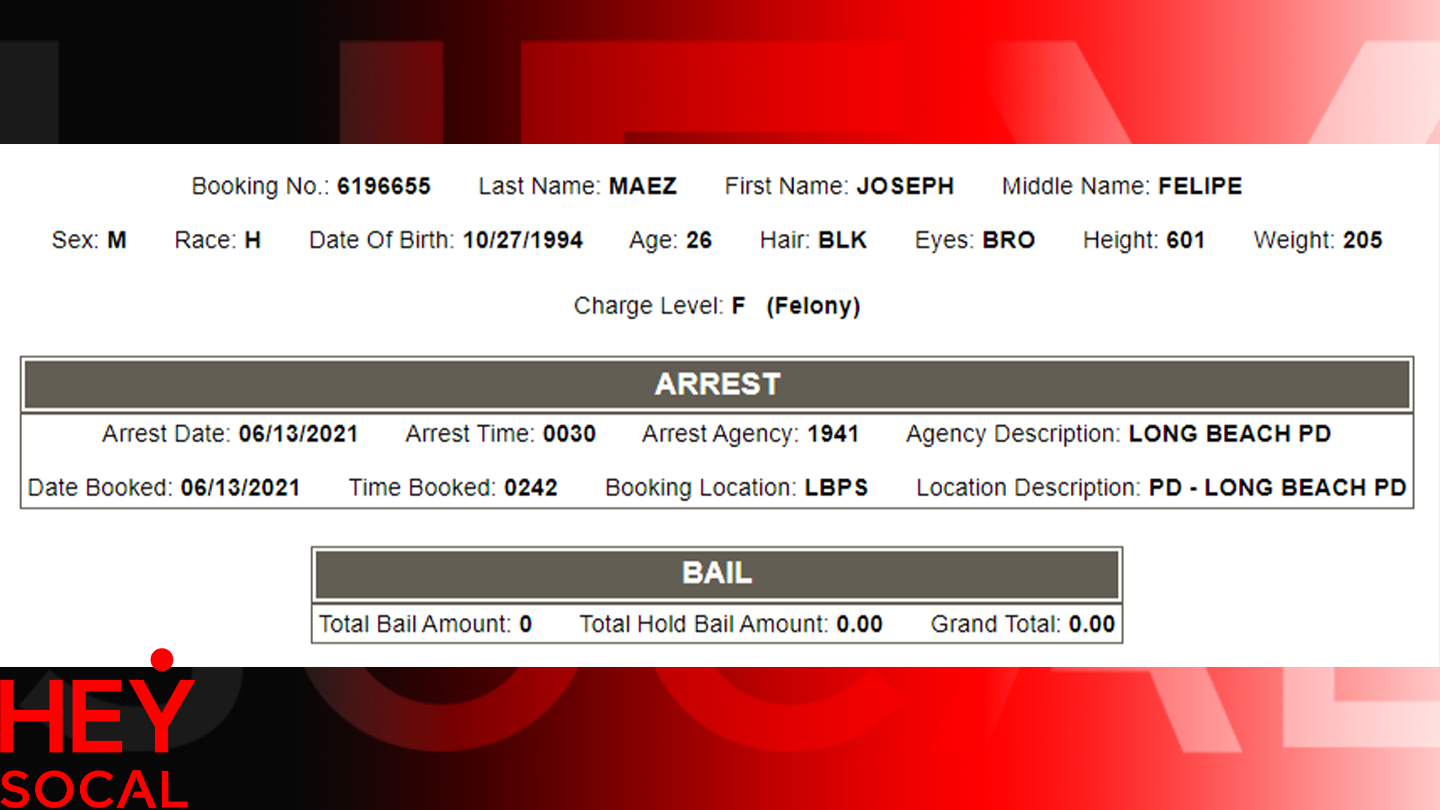Suggesting a continuing problem with gang-like cliques within the Los Angeles County Sheriff’s Department, 16% of deputies questioned in a recent survey said they’ve been asked to join such groups, according to the survey results released Friday.
The study by Santa Monica-based think-tank RAND — titled “Understanding Subgroups Within the Los Angeles County Sheriff’s Department” – – questioned 1,608 deputies and supervisors, who anonymously answered the survey’s questions. Of the 16% who said they had been asked to join such a “secretive subgroup,” one-fourth of them said they had been asked within the past five years.
RAND researchers concluded that department leadership can best discourage involvement in deputy subgroups by clarifying policy language to prohibit such groups, and by delivering strong and consistent messages to its staff opposing membership in the groups and related banned conduct.
Sheriff Alex Villanueva has denied that such gangs exist within the department, insisting he took decisive action when he took office — including firings and reassignments of personnel — most notably at the East Los Angeles Station, where a group known as the Banditos is alleged to have wielded significant sway among deputies.
According to the RAND study, while department leaders have taken initial steps to address problematic subgroups, there needs to be clear guidance for command staff — particularly captains — about expectations and appropriate responses for dealing with the secretive subgroups.
Previously, captains have developed their own approaches to addressing issues with groups, creating a lack of consistency and differing expectations across the department, the report says.
While the consensus among department staff who were interviewed for the report is that the subgroups exist, the extent of their membership remains unknown.
Many community leaders and public members who participated in the RAND project had negative views about department subgroups, saying they were the source of behavior such as hazing, covering up for fellow deputies, harassing residents and ex-offenders, and using excessive force.
The RAND report provides a unique look at the subgroups from within the department based on a survey of sworn personnel and interviews with several dozen department members of all ranks.
“The exclusivity and secrecy of subgroups among some deputies in the L.A. Sheriff’s Department poses several risks and challenges to the organization and the communities it serves,” said Samuel Peterson, the study’s lead author and a policy researcher at RAND.
“While the department’s leadership has taken initial steps to address the influence of the groups, there needs to be greater consistency among command staff in setting expectations and enforcing policies that discourage the influence of these groups,” Peterson said. “It’s important to respond at the first sign of potential problems. When problems are identified, a thorough investigation is critical.”
For some community members, the subgroups are a stark representation of an us-versus-them mentality that is generalized to the entire LASD, Peterson said. Their existence signals that the department either can’t or won’t manage these groups, which affects legitimacy and public trust in the department, particularly in parts of the county where relationships are historically tense, he said.
For the past 30 years, the LASD has been subject to allegations about secret subgroups or gangs of deputies within its ranks, with their members allegedly mistreating both community members and department co-workers. Various investigations and lawsuits have targeted the claims, prompting the department to establish a recent policy that prohibits behavior that violates the rights of others.
The Los Angeles County Board of Supervisors commissioned RAND to conduct an independent research project to learn more about how the subgroups are formed, why they exist, what actions might be taken if it is determined that they have a significant impact on the LASD’s mission, and whether they have affected community perceptions and trust in the department.
RAND researchers conducted an anonymous survey of the department’s roughly 10,000 sworn personnel, receiving responses from 1,608 deputies and supervisors. Interviews and focus groups were conducted with 141 community leaders and members of the public. An additional 57 interviews were conducted with members of the LASD and other county stakeholders.
“Our work provides an organizational perspective about the department’s subgroups that has not been provided in the past,” Peterson said. “This provides a sense of why these groups form, where the groups fit within the culture of the Sheriff’s Department and the variety of perceptions about the groups within the force.”
Deputies who participated in the survey expressed mixed opinions as to what actions the department should take toward the subgroups. Overall, 37% said the subgroups should be prohibited, including 24% of those who had been invited to join a subgroup. More than half said the LASD should break up subgroups by moving members to different stations or units.
“Producing long-lasting change in the sheriff’s department may require changing fundamental assumptions that exist within the organization,” Peterson said. “Such change must begin with accounting for and managing organizational and subunit culture, while also committing to a holistic approach that builds up the workforce and emphasizes integrity.”
The report is available at www.rand.org.







